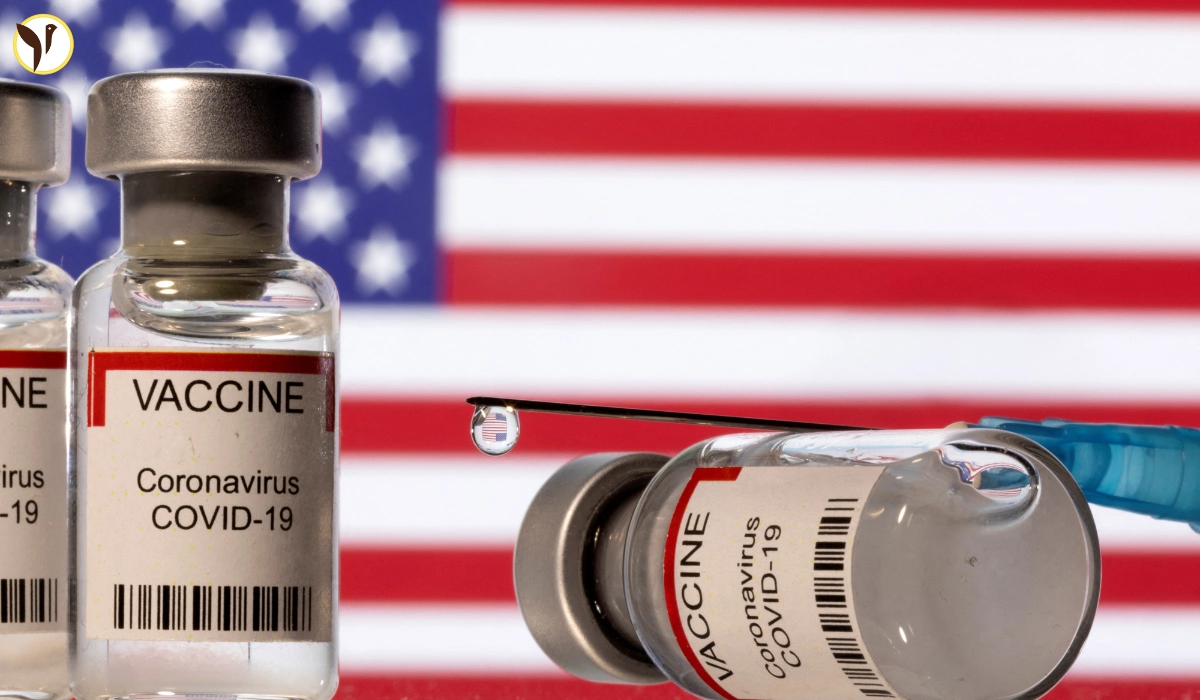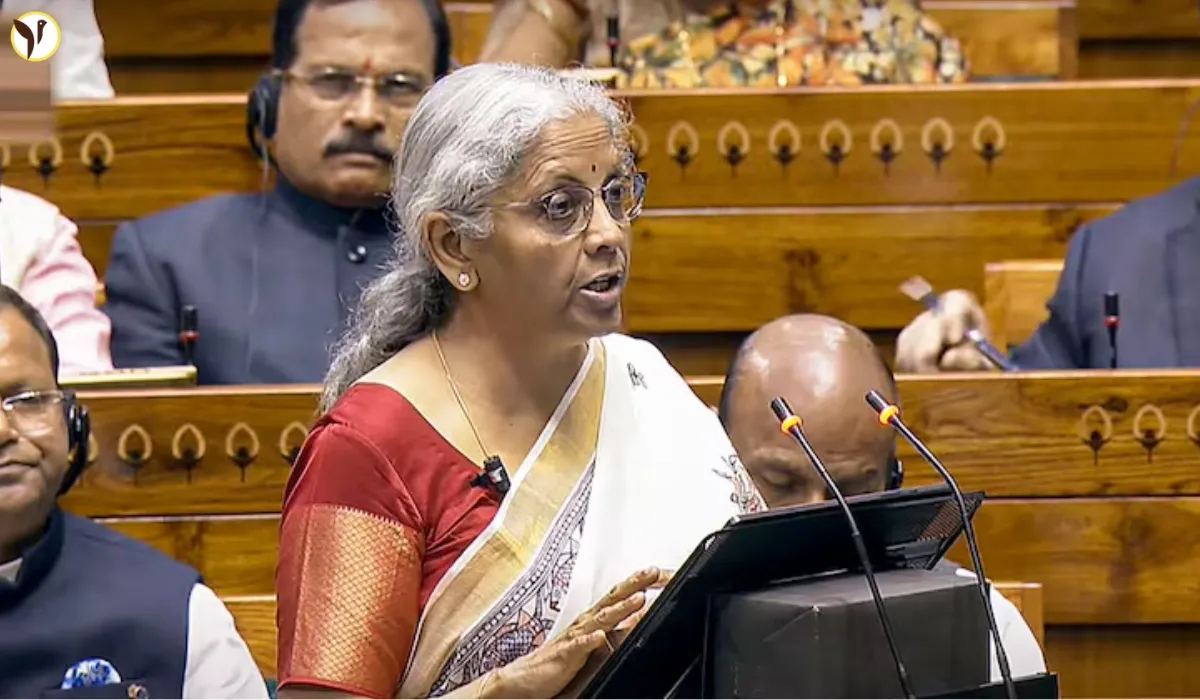Big Changes to COVID-19 Vaccine Recommendations
Okay, so this is a pretty big deal. The COVID-19 vaccine recommendations just got completely shaken up. I know, right? It feels like we’ve been through so much with this already, and now this.
What Happened?
Health Secretary Robert F. Kennedy Jr. announced on Tuesday that the CDC's recommended immunization schedule is changing. According to him, COVID-19 vaccines are no longer recommended for healthy children and pregnant women. He made the announcement in a social media video, saying it brings us "closer to realizing President Trump's promise to Make America Healthy Again." I'll be honest, that statement alone raised some eyebrows for me. It feels pretty political, and honestly, that's concerning when we're talking about public health.
The New York Times pointed out that this decision completely bypasses the usual process. Normally, the CDC's advisers study all the data, look at possible side effects, and then make recommendations. The CDC director can then accept, tweak, or reject those recommendations. This time? It seems to have been a much more direct approach.
Experts Are Worried
This announcement has caused a huge wave of concern among medical professionals. The American College of Obstetricians and Gynecologists released a statement expressing serious worry. They're concerned that fewer pregnant women will choose to get vaccinated now, despite strong evidence showing the benefits of vaccination during pregnancy.
Here's what I find really unsettling: this announcement could have a significant impact on public health. We've seen how effective vaccines are in protecting vulnerable populations. Now, taking away this protection for healthy pregnant women and children feels incredibly risky.
- Potential impact on pregnant women's health: Less vaccination means more risk of severe illness for both mothers and babies.
- Uncertainty for families: Parents may be confused about what’s safe for their children.
- Further strain on the healthcare system: More severe COVID-19 cases could overwhelm hospitals.
What Now?
I know it's confusing and maybe even a little frustrating. We're left wondering, what are the long-term consequences of this decision? What’s the full story behind the change? It seems that there is a lot more information we need, and many questions we need answered. This situation highlights the importance of staying informed and critically evaluating health information, especially with such a significant change. We need to keep looking to reliable sources like the CDC itself – beyond social media posts – for credible information.
It’s a really complex situation, and I’ll be following up as more information becomes available. Stay tuned for updates on this evolving story.









